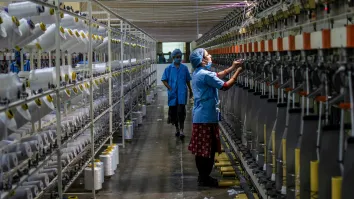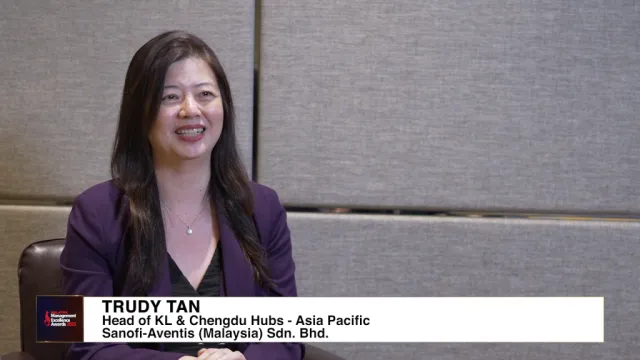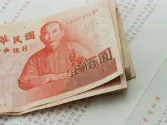
Unified Payments Interface drives one-third of insurance payments in India in FY 2025
The rise is most notable in investment-cum-insurance products.
Digital payment preferences amongst Indian insurance buyers are shifting, with Unified Payments Interface (UPI) now accounting for over one-third of all insurance premium transactions, according to data from Policybazaar.
The rise is most notable in investment-cum-insurance products, which saw UPI usage grow by more than 45% in FY25.
Health insurance premiums paid via UPI rose 34%, now making up 25% of payments in that category. In term insurance, UPI usage increased 25%, and it already accounts for 36% of premiums.
Motor insurance, where UPI penetration is already the highest, saw a more modest 15% growth, with nearly 50% of transactions now routed through UPI.
Credit card payments have surged in high-ticket categories. Term insurance saw a 127% year-on-year rise in credit card usage, whilst investment-cum-insurance products jumped nearly 300%.
This points to a shift towards payment methods offering flexibility and rewards. In contrast, debit card usage declined by 17% overall, with sharp drops in motor, term, and health insurance.
Net banking remains relevant, especially during tax season. Term and investment plans saw usage increases of 290% and 306%, respectively. Overall, net banking transactions nearly doubled.
Premium payment activity also spiked 15% from January to March, driven by tax-related purchases of term and investment-linked plans.
Monthly payment modes are gaining traction, particularly in health insurance, which saw a 307% jump. Investment-linked and term products followed with 99% and 72% increases, respectively, reflecting a preference for spreading costs over time.
Amongst non-resident Indians, credit cards remain the dominant method, particularly for health insurance, though there’s a slight increase in debit card usage—possibly due to easier onboarding or regulatory changes.



















 Advertise
Advertise










